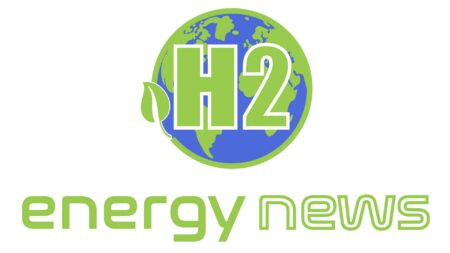The government’s A$2 billion Hydrogen Headstart program, managed by the Australian Renewable Energy Agency (ARENA), aims to bridge the cost gap between green hydrogen production and market prices, propelling Australia’s renewable hydrogen ambitions to new heights.
Browsing: Pipelines
Nearly a year ago, the BarMar hydrogen pipeline project was announced with great expectations, aiming to connect Spain and France, potentially revolutionizing the hydrogen landscape.
A significant milestone in Germany’s ambitious hydrogen strategy has just been achieved as a natural gas pipeline, designed for conversion to hydrogen, becomes operational. Open Grid Europe GmbH (OGE), the network operator, made the groundbreaking announcement, signaling the beginning of a nationwide hydrogen pipeline network.
Columbia Gas of Pennsylvania and parent company NiSource are advancing one of the country’s first controlled-setting hydrogen blending projects in Beaver County, Pennsylvania. The project is testing the viability of hydrogen-natural gas blends at various levels to study potential consumer benefits and reductions in greenhouse gas emissions.
The Brainport region in the Netherlands is on the cusp of a major sustainable transformation, thanks to a proposed hydrogen pipeline that would connect the region to Germany and the North Sea.
Germany, a pioneer in renewable energy, faces a pressing dilemma in its ambitious hydrogen plans. A recent study by influential think-tank Agora Energiewende highlights the nation’s challenge in meeting its hydrogen demand while managing costs and sustainability.
Germany’s ambitious hydrogen plans have encountered a transportation dilemma, threatening to inflate the country’s hydrogen import costs.
Gasunie has recognized the need for high-quality in-line inspection services to ensure the safety and reliability of their pipelines.
Stellantis, one of the automotive giants, has announced that 24 engine families in European vehicles sold since 2014, totaling a staggering 28 million vehicles, are now compatible with advanced drop-in eFuel.
The race to finance a Danish hydrogen pipeline is in full swing, pitting the state against private players, with the key question being whether Denmark can establish a hydrogen connection to Germany by 2028. While the ambitious plan aims to build an infrastructure for green hydrogen, the financial framework to support it is yet to be finalized.



